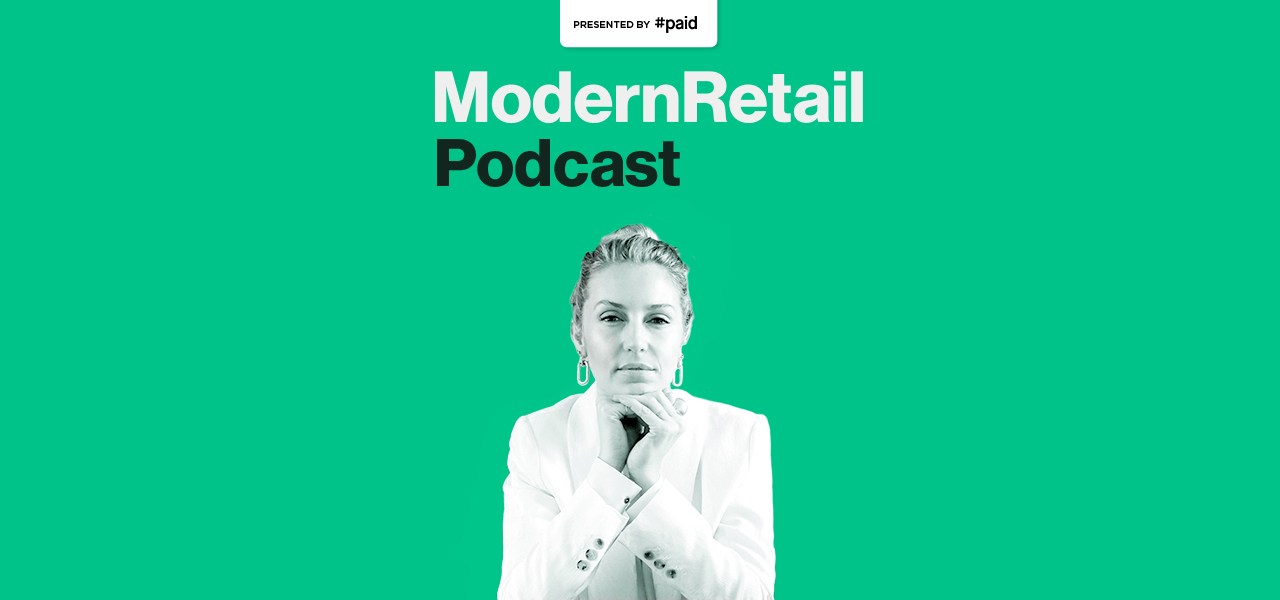‘I don’t think anyone will ever be able to pay what they were paying before’: Lunya founder Ashley Merrill on the future of real estate

Subscribe: Apple Podcasts | Stitcher | Google Play | Spotify | RSS
Lunya founder Ashley Merrill was already hesitant to invest further in physical retail before the coronavirus crisis struck.
“I could tell I was already starting to get sucked into the brick-and-mortar, ‘oh we have to pay a lot for this location because it’s in the right place,’ Merrill said on the Modern Retail Podcast.
Now — and in the future, Merrill imagines — it’s a nonstarter.
“The way I look at it now is, I would never sign those leases,” she said. “I don’t think anyone will ever be able to pay what they were paying before.”
For Lunya, a sleepwear company primarily catering to women, existing and prospective brick-and-mortar stores are just another liability in the event of future disaster, with a bad formula of sunk costs “minus the revenue,” Merrill said.
The early days of the lockdowns lead to a roughly 70% drop in revenue for the company, a cratering that Merrill attributes more to “consumer sentiment and freakout” than the loss of income from store closures. “Now our revenue is much better than it was and our stores have still, of course, not happened yet. So my feeling is that there was just a lot of emotion in the unknown,” Merrill added.
Ad position: web_incontent_pos1
Merill talked about focusing on efficiency, pivoting product focus based on supply chains and how quickly the pandemic’s spread changed her calculus.
Here are a few highlights from the conversation, which have been lightly edited for clarity.
Hunkering down on efficiency and cost-cutting
“When you’re a business that has gone through many years of incredibly rapid growth, there are things you just don’t have time for. But then we were faced with a different situation, where the pressure for once wasn’t on the growth, the pressure was on the costs — efficiency! So we actually are getting our operations in order in a way that they weren’t before. Now that revenue is feeling more stable, when we come out of this, I’d like to think we’ll actually be able to rocket ship out of this when the economy starts to rebound.”
Opting out of real estate
“I had a few leases that were hanging in the balance, which would have been really expensive leases. Thank goodness I didn’t sign those. And I won’t sign those, probably, when I come back out of this, in the same way I did. I think one of the things that the landlords are going to have to have as a takeaway is: I don’t think anyone will ever be able to pay what they were paying before. And it’s unfortunate, because it was already a lot less than what they had been paying ten years before. The way I look at it now is, I would never sign those leases. I’m driving 50% to 70% of my brick-and-mortar traffic into stores from online. There’s no reason I should be paying top dollar for a physical retail location. I should assume that if a new pandemic happens, that this is a fixed cost that I’m going to have to deal with. The question I should be asking myself is: will I be able to handle those fixed costs minus the revenue? That’s going to have to be some pretty low rents that I’m paying.”
The psychology behind a pandemic
“I really pictured that more as a China-centric situation. Because in the past we’ve had other outbreaks there that really didn’t materialize in the same way. We were at that point very much focused on stabilizing our supply chains. Do we need to be in different areas? We were lucky China got back online relatively quickly and we do have different sourcing all over the world, so we really had to pivot, come up with a plan to lean into the products we knew we could get. That was really how we were viewing that, in an isolated way. Mid-March, when it started to become apparent it was going to affect the U.S. in a bigger way, I think it was a day by day change of mindset for me. I would go from one day being like ‘this situation feels very overblown’ to the next going ‘wow, okay, hearing about Italy and what it’s been looking like… we need to take this seriously, move everyone home, close the retail stores.’ It was a mental evolution for me, but also happened very fast.”

